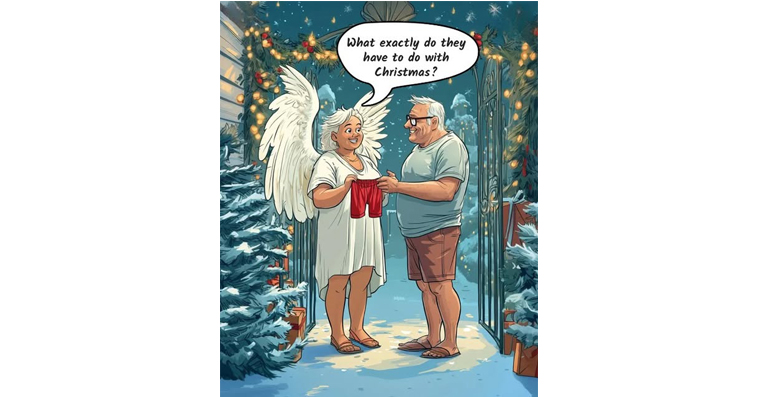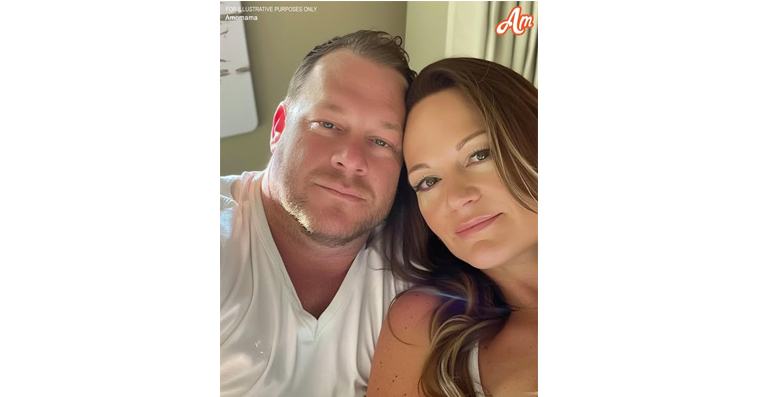I Witnessed Man Demanding His Wife Pay $800+ for Him and His Friends – I Took Cold-Stone Revenge on Her Behalf
As a waitress, you get to know the quirks of your regulars. Jack and Lora had been coming to the diner for months. They used to share the bill, always smiling and joking, but lately, Jack had been sticking Lora with it. She’d pay quietly, her smile dimmed, and leave with a polite “thank you.” It didn’t sit right with me.
This time, though, Jack upped the ante. He strutted in with eight of his friends, loudly announcing that the feast was on him. They ordered everything—burgers, steaks, fries, desserts, and rounds of beer. The bill was skyrocketing, but Jack didn’t seem to care.
Halfway through, Lora showed up, looking pale and tired. She sat quietly, barely touching her drink, while Jack and his buddies laughed and joked. When the meal was over, I brought the check, a staggering $832.
“Here you go,” I said, placing the bill in front of Jack.
He barely glanced at it before sliding it across the table to Lora.
“You’ve got this, right, babe?” he said with a grin.
Lora froze. Her hands trembled as she picked up the bill. “I told you I wasn’t paying this time,” she said, her voice barely above a whisper.
Jack laughed. “Sure, sure. You always say that.”
Tears welled up in her eyes. She excused herself and hurried to the restroom, clutching her phone.
I couldn’t ignore the muffled sound of her crying and then yelling into the phone. “I’m working 60-hour weeks, earning 25% more than him, and I’m still paying for everything? His friends too? This isn’t fair!”
My heart broke for her. When she returned, red-eyed but composed, I decided I couldn’t let Jack’s behavior slide.
I walked over to their table, bill in hand. “Sir,” I said sweetly, “there seems to be a mistake. You said this meal was your treat, correct?”
Jack blinked, caught off guard. “Uh, yeah.”
“Wonderful,” I said, placing the bill firmly in front of him. “Then I’ll need your card, please.”
“But—”
“No buts,” I interrupted, keeping my tone pleasant but firm. “You invited your friends and said you’d cover it. It’s diner policy that whoever orders or declares to pay must settle the bill.”
His friends, sensing the awkwardness, started muttering among themselves. Jack’s face turned crimson.
“I don’t have that kind of money right now,” he stammered.
“Oh, I understand,” I said, my smile never wavering. “In that case, I can split the bill evenly among everyone here. That would be just over $92 per person.”
His friends’ eyes widened, and a few of them started pulling out their wallets, clearly uncomfortable with the situation.
Lora, to her credit, stayed silent, watching the scene unfold with a mix of surprise and quiet satisfaction.
Jack ended up borrowing money from his friends to cover the bill, muttering under his breath the entire time. As they left, Lora walked out a step ahead of him, her head held high.
Later that night, as I cleaned up their table, I found a note from Lora tucked under a glass.
“Thank you for standing up for me. I needed that more than you know.”
Sometimes, justice is served best with a smile and a firm hand—and a little reminder that people can’t just take advantage of others without consequences.

